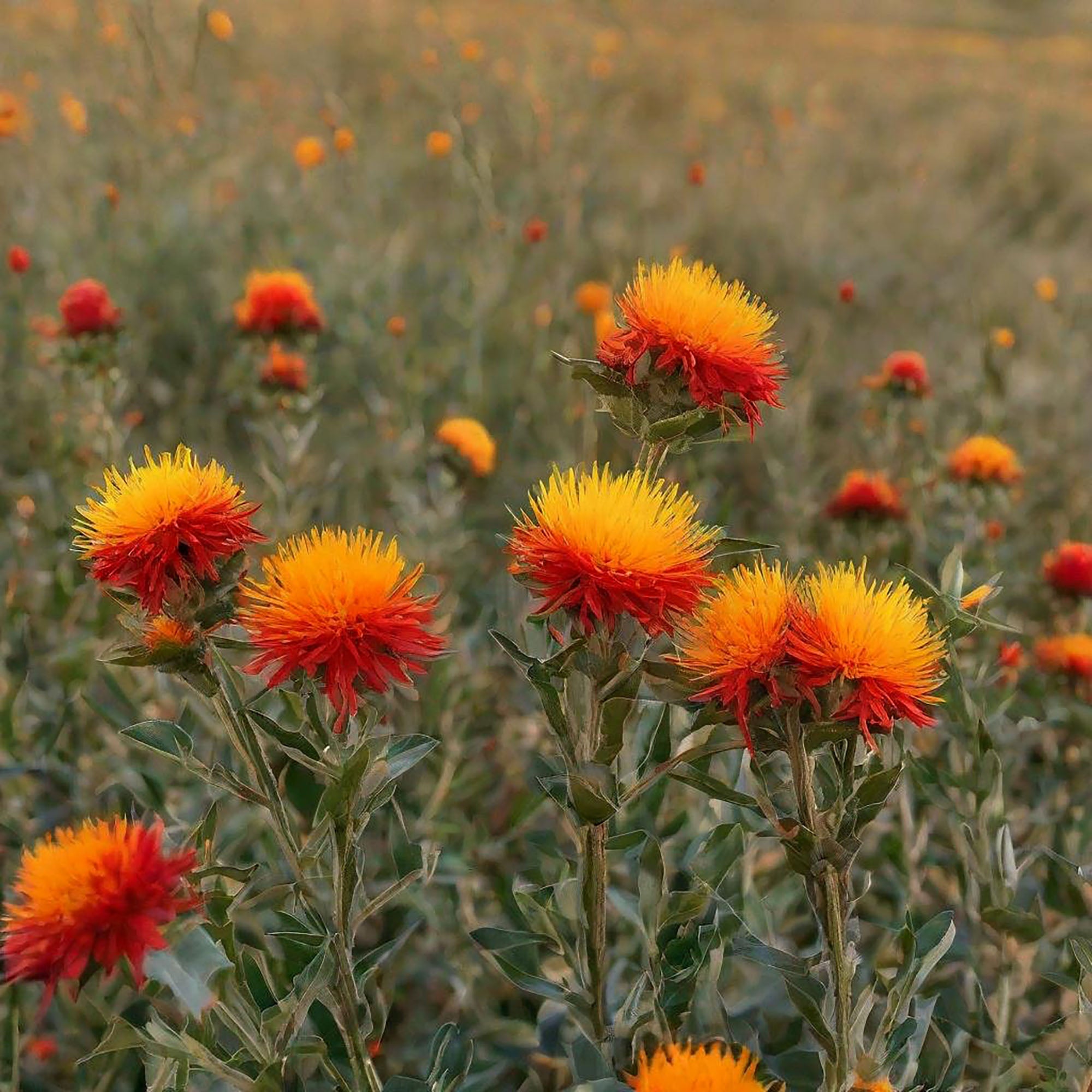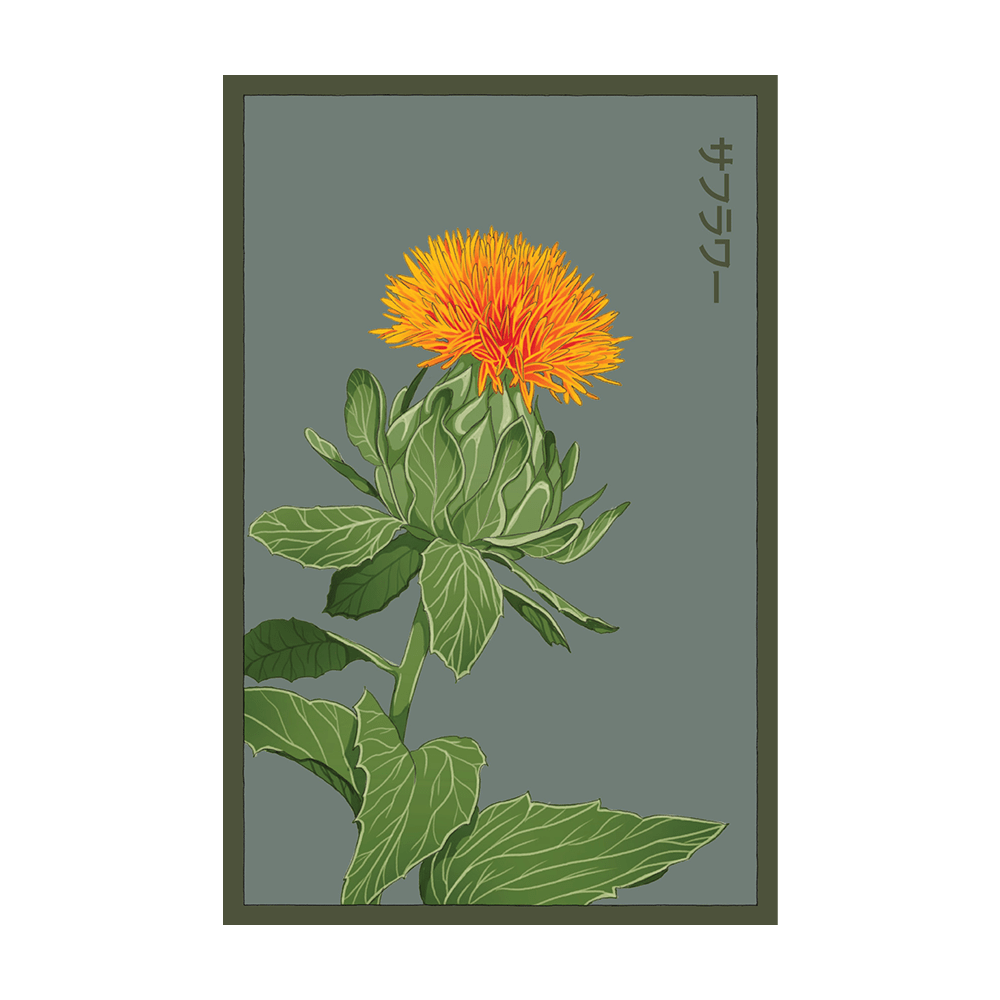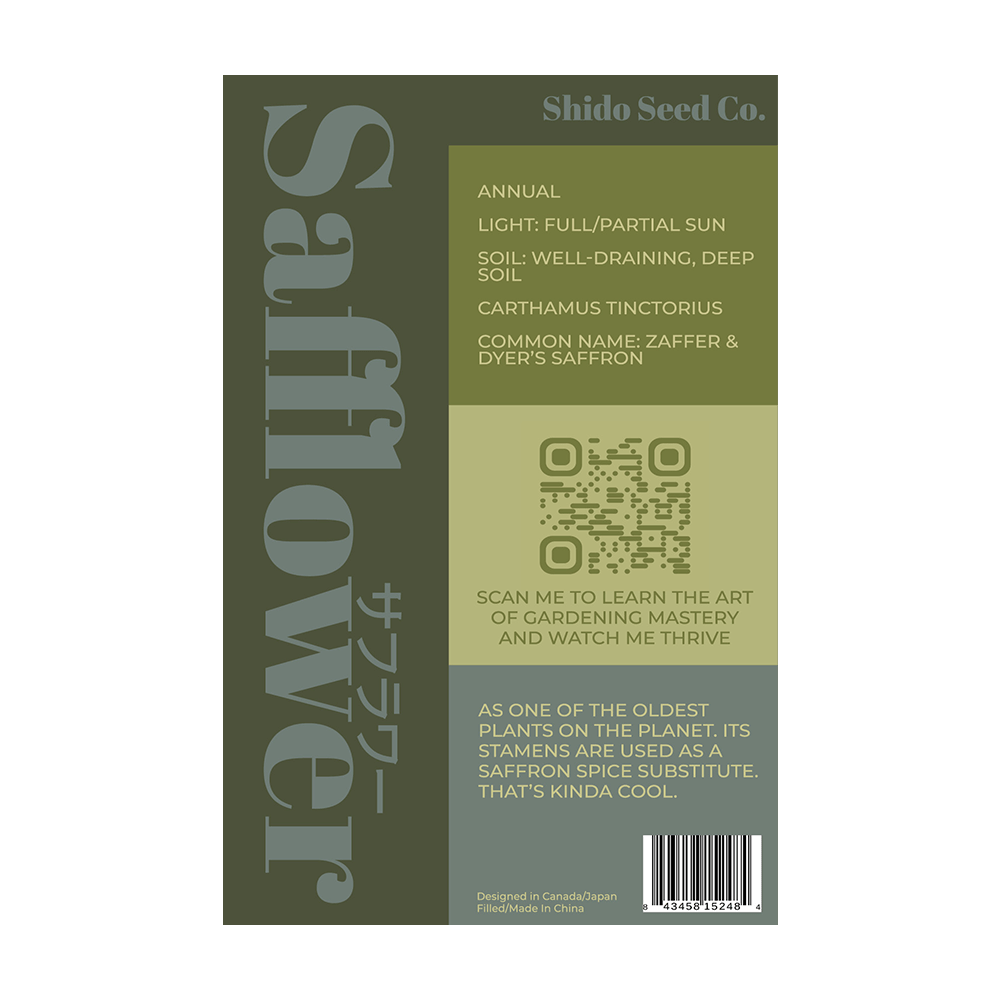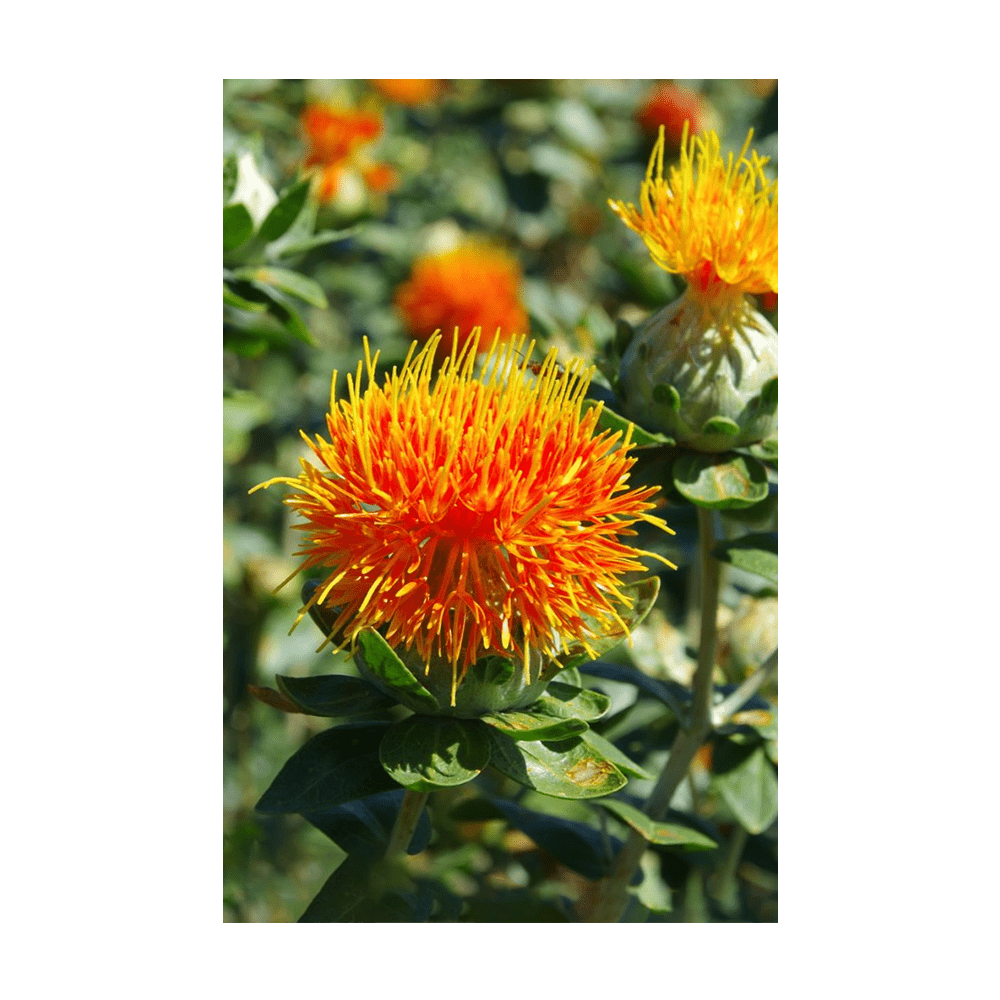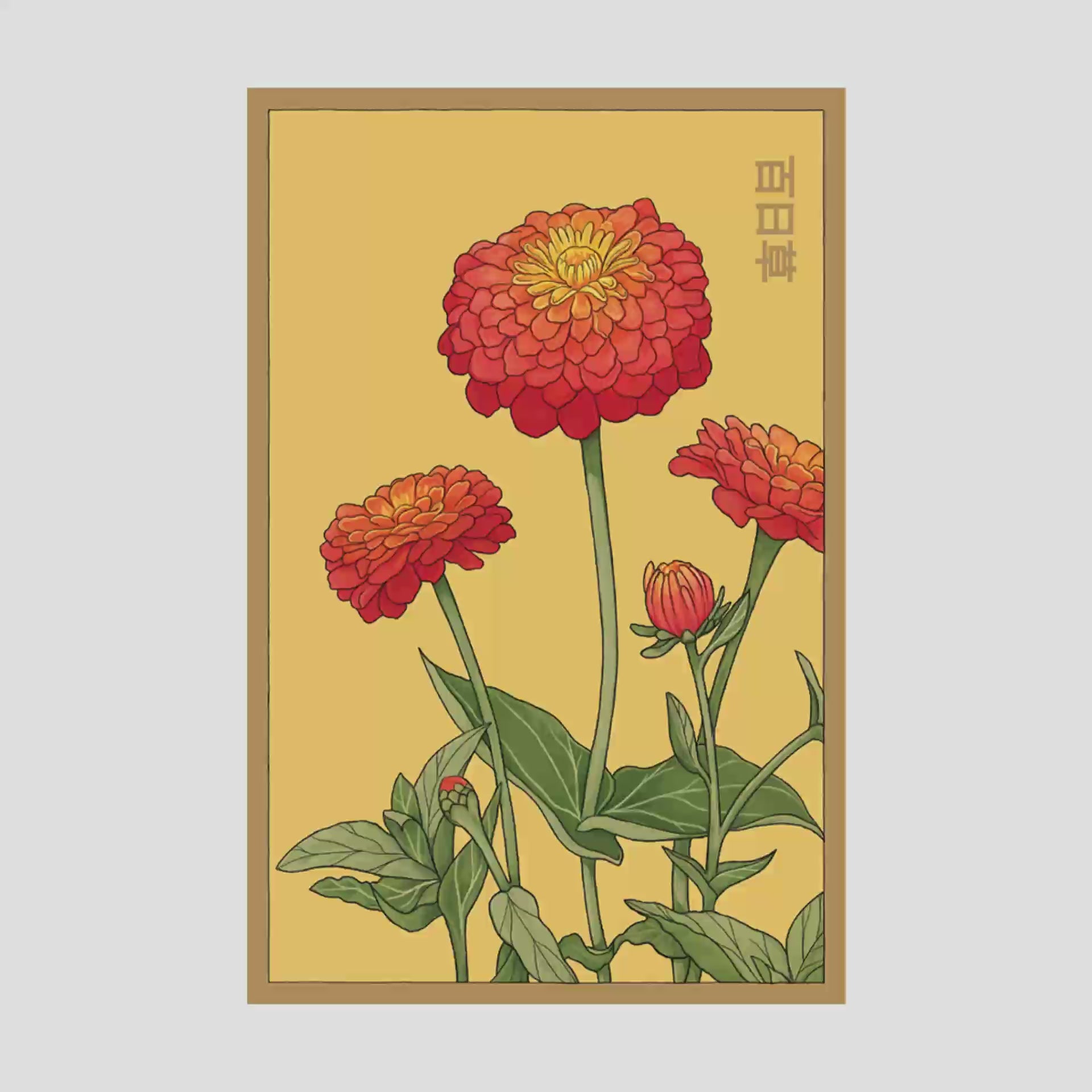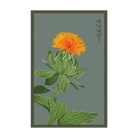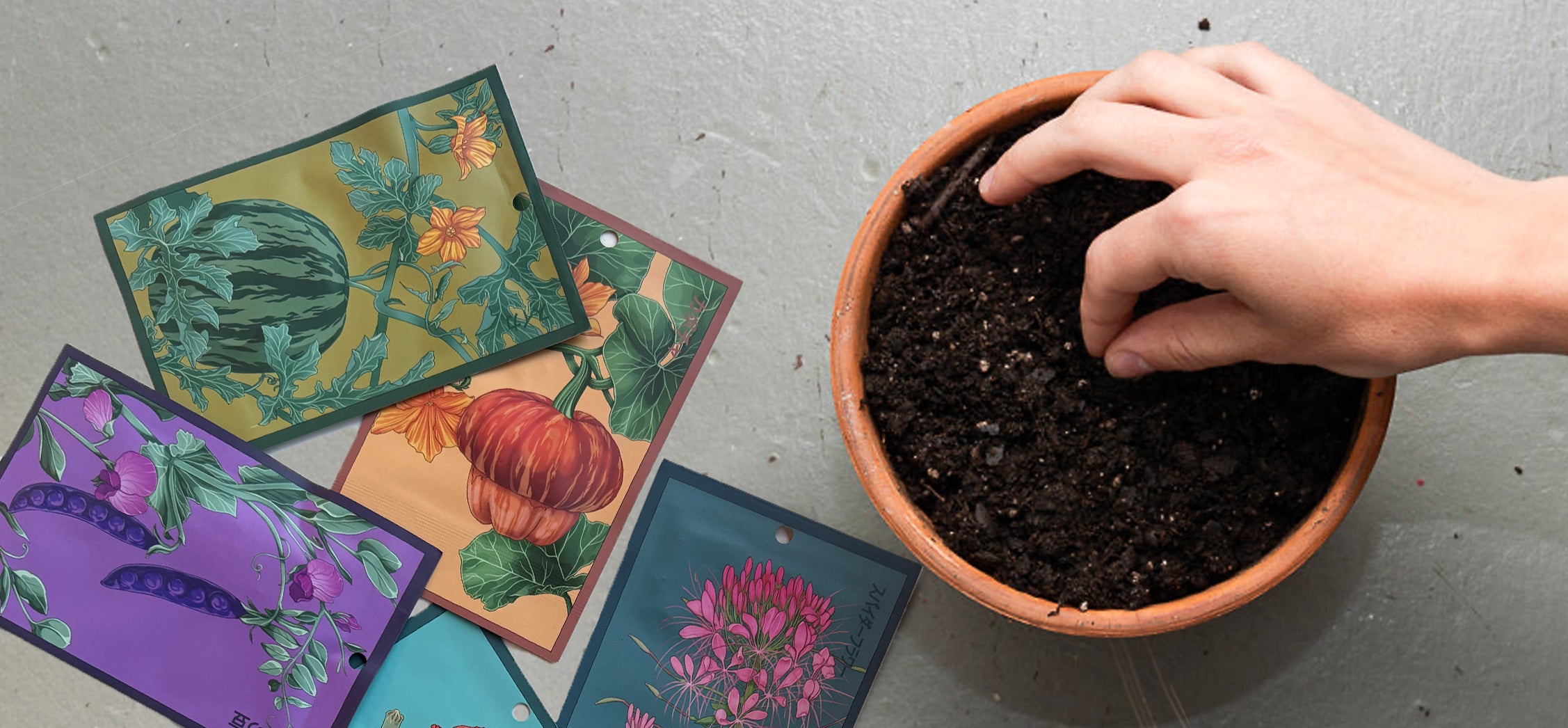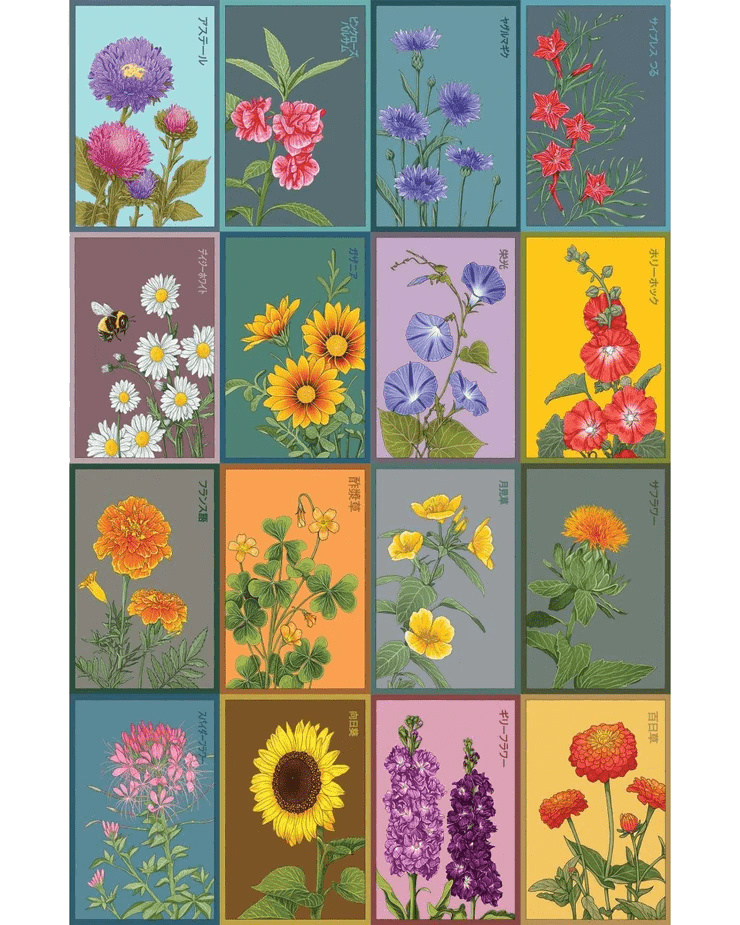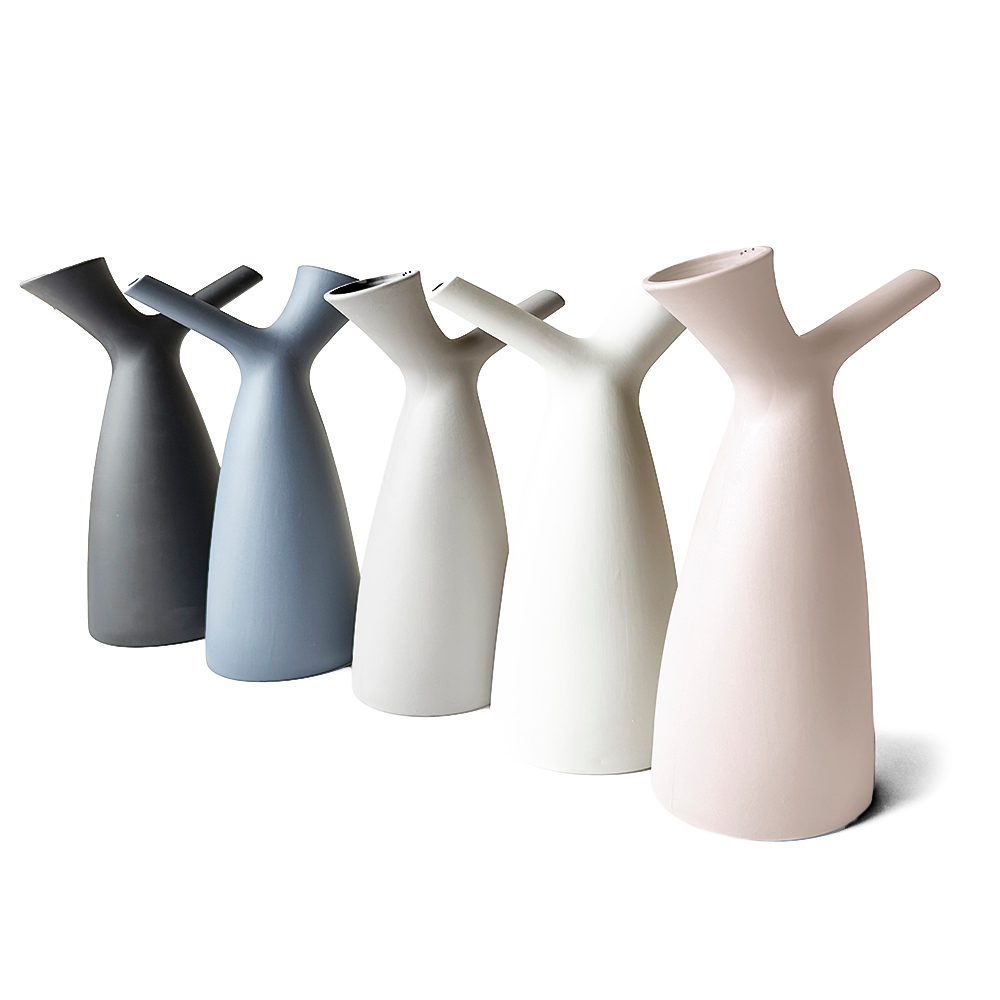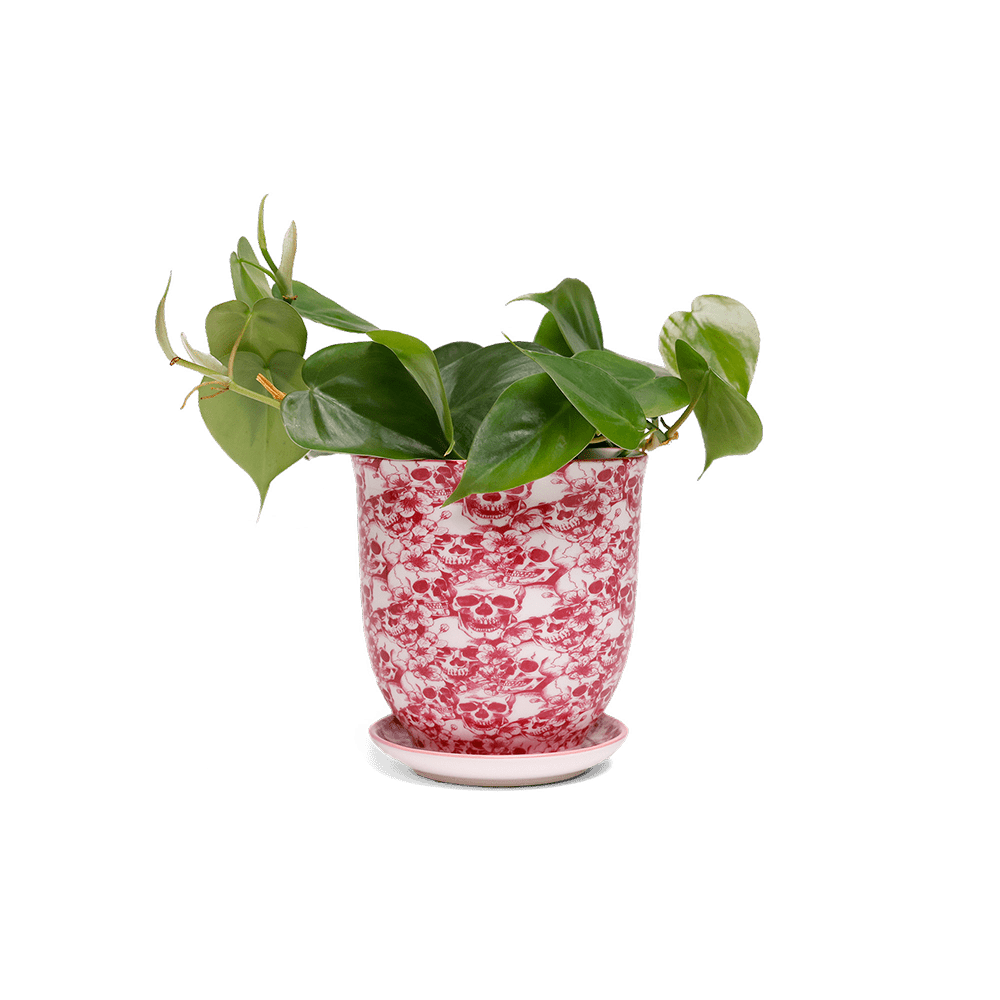Safflower Flower Seeds Packet
£1.70
Unit price
/
Unavailable
Couldn't load pickup availability
Safflower (Carthamus tinctorius) is a versatile, thistle-like annual plant known for its bright yellow, orange, and red flowers. It has been cultivated for centuries for its oil-rich seeds, vibrant dyes, and medicinal properties. Adaptable and drought-resistant, safflower is an excellent choice for arid regions and sustainable farming. Safflower is a low-maintenance, drought-tolerant plant with multiple uses in agriculture, health, and home gardening. Its bright blooms, valuable seeds, and ability to thrive in poor soils make it an excellent addition to gardens and farms.
SKU: SESAFF
We stand by the quality of our flower seed packets! With high germination rates and vibrant blooms, your garden is sure to flourish. If you're not completely satisfied, we’ll replace or refund—guaranteed!
Safflower Flower Seeds Packet
Why Shido Seeds Are the Best
Our flower and vegetable seeds are beautifully packaged little packets of magic. Guaranteed to turn your garden into the envy of the neighborhood. Get your hands dirty and let nature simply do its thing.
How to Plant Safflower from Seed
When to Plant Seeds
Preparing the Planting Site
Sowing Seeds Outdoors
Caring for Young Plants
Pro Tip
